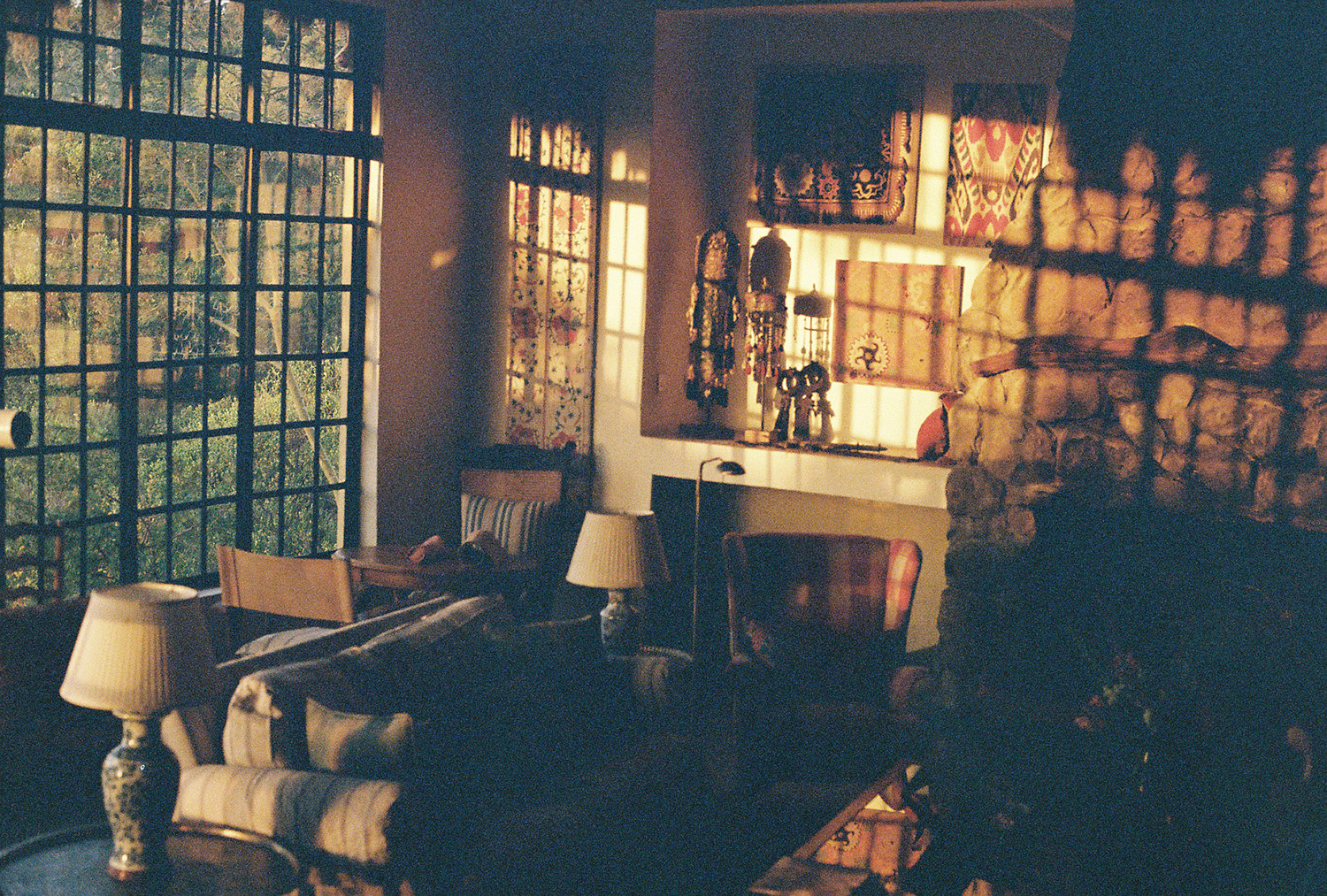
OLEPANGI FARM
A soulful, special place in the foothills of Mt Kenya
I approached the figure of Elizabeth Loker in search of that first seed that made her move from the United States, then to Africa, then to Australia, then to the United Kingdom and then back to Africa.
Her conversation is so vivid, agile and extensive that answer by answer I learn, almost like a story, how she left her job in one of the largest companies in the world to move to Kenya, and to discover the infinite facets of this audacious woman whose desire for knowledge is as extensive or more than the horizon she looks at every morning from Olepangi, a farm of animals and vegetables and flowers and fruits but, above all else, of ideas, where dreams are turned into the prosperity of a life well lived.
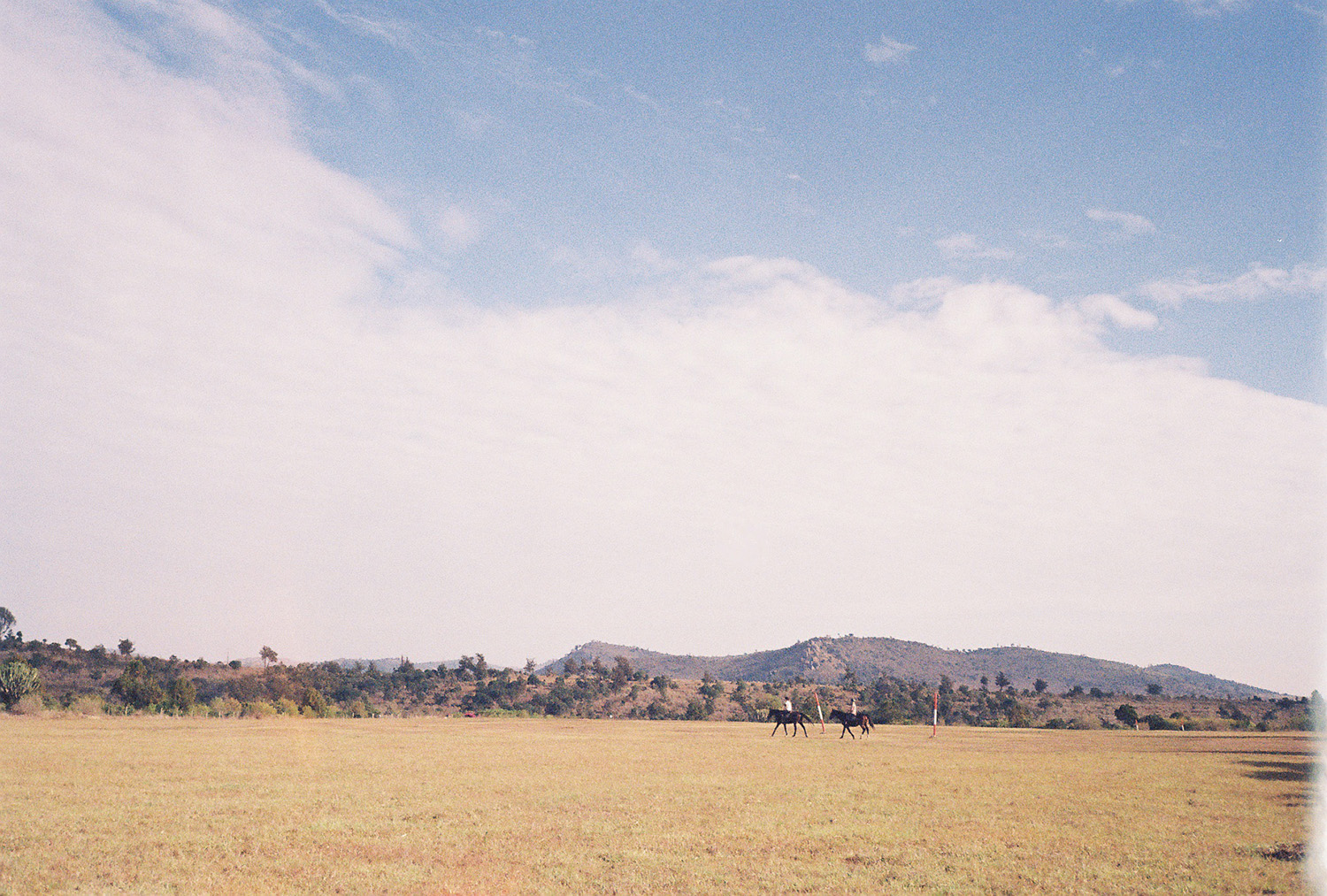
How did the idea of buying land in Kenya come to you? Did you regularly visit Kenya? Was it a place with a special meaning to you or your family?
When my first husband and I were traveling the world as backpackers in the mid 90s, we traveled to Kenya. At that time, I was on leave for a year from Price Waterhouse in San Francisco and was invited to visit their offices in Nairobi where I was offered a job. There, I met Clinton who became my boss and later my husband (it’s a bit of a sordid story). I worked throughout East Africa for several years. And in the late 90s, Clinton and I moved to Australia and lived there for many years because of his children and then we moved to the UK, where he was originally from.
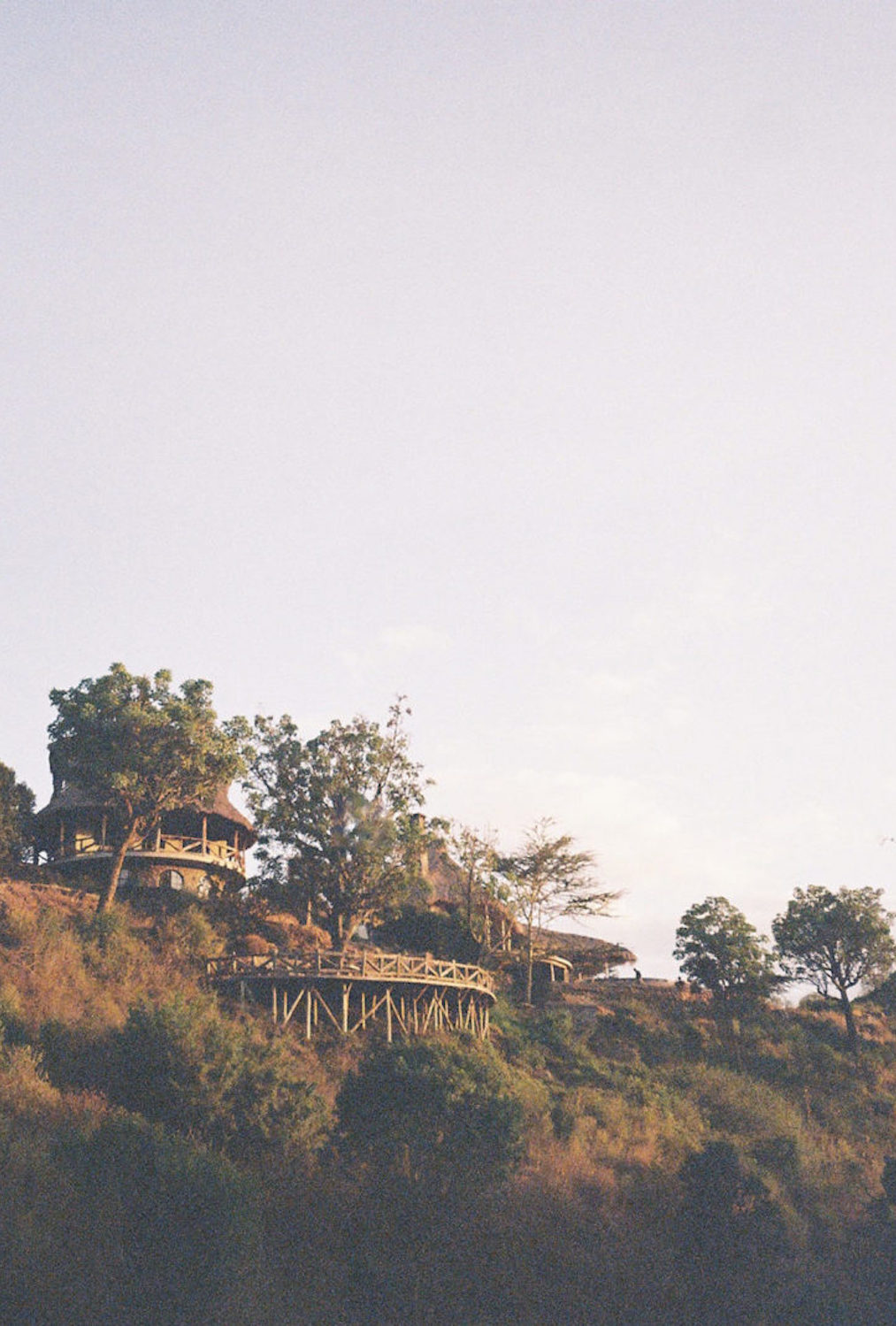
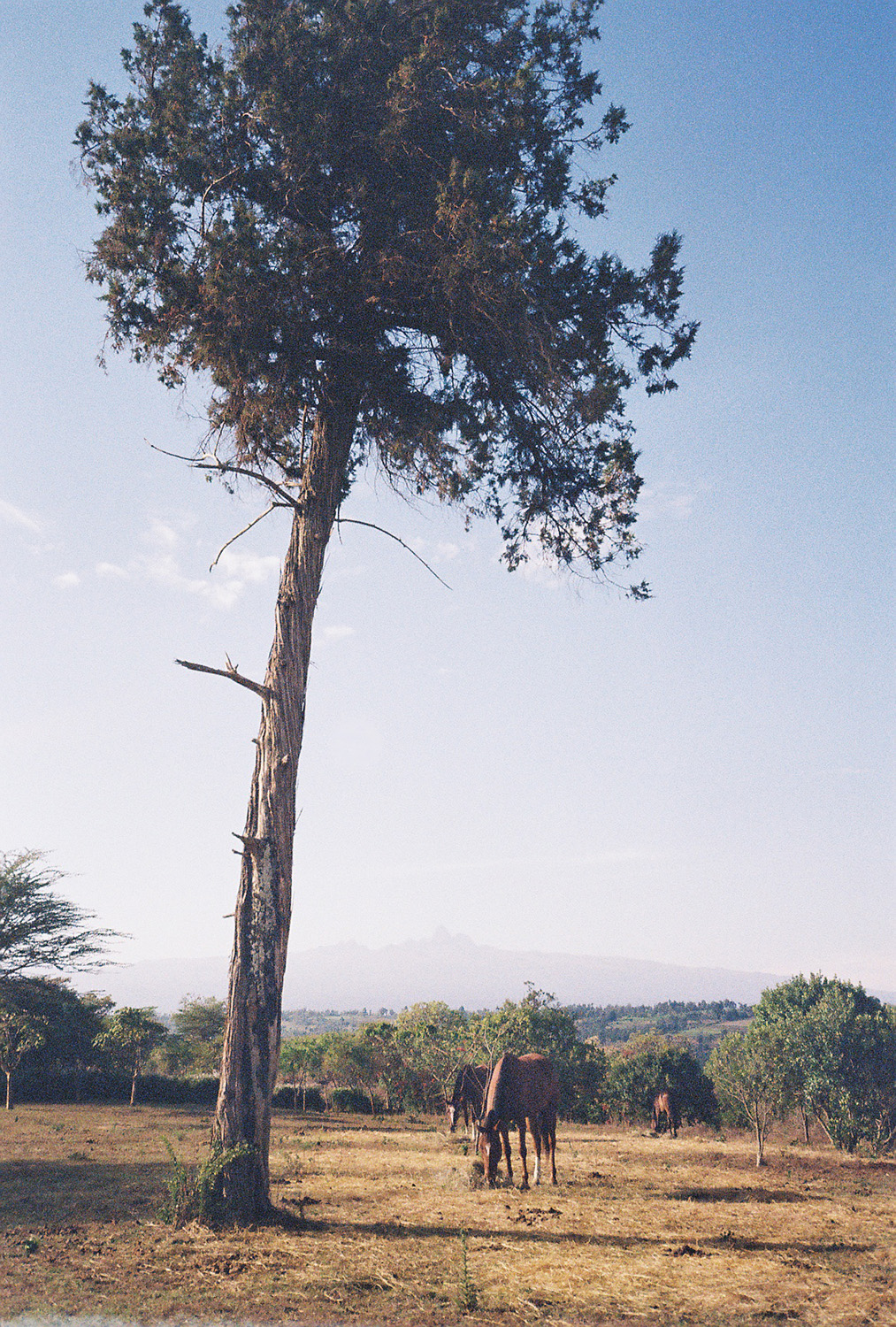
In total, we were away from Kenya for about 13 years but I always felt that Kenya was my spiritual home and always had this yearning to return. So we came back in early 2011, with the idea that we were going to do a consultancy practice in Nairobi, but that was all a little boring and so much of what we had always done. We had a couple of properties in the UK, but we wanted land, long views and the feeling of space. Nairobi was too expensive and too urban so we began to look for land further north in the wilder areas of Kenya. It took awhile, but we finally found our first parcel of 37 acres bordering this beautiful reserve with wildlife: elephants and giraffes and impala walking past. And the ‘whoops’ of hyenas at night. It was magical. And so we expanded and bought more land. It was all a bit crazy. This is how we started.
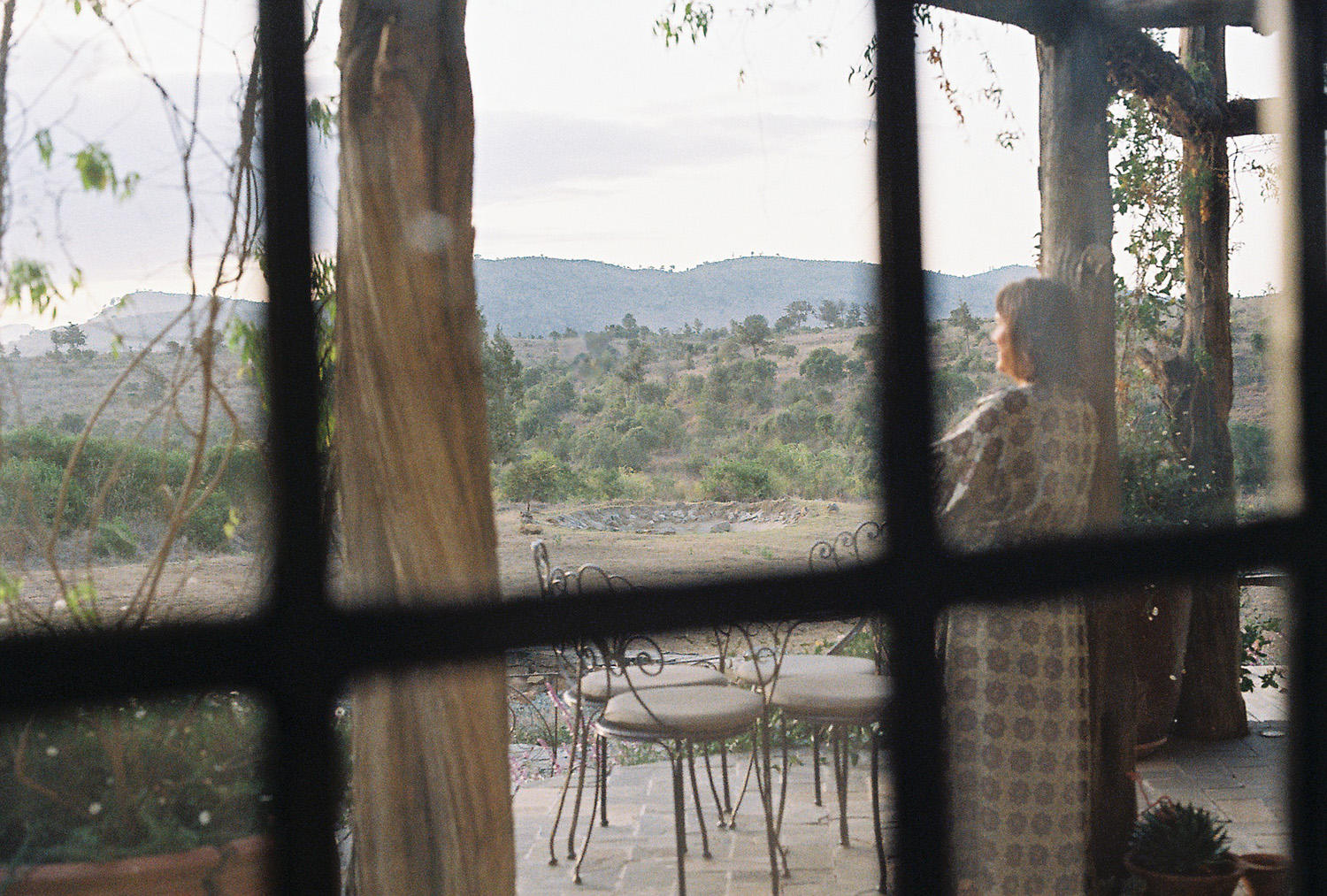
Do you remember the first night in the tent, on the land? Do you remember the smell, the sound around, the temperature…
Oh, my gosh. Yes! I mean, let me just think about that for a second. I remember thinking, “oh, my God, are we crazy to be camping in the middle of the bush with so little to protect us?” Is it safe? And, you know, are elephants going to go past and walk over our tent and yikes, was that a lion we just heard?. We lived in tents for about a year. It was always so cold at night and we’d have to really snuggle down with our dogs, three Jack Russells and a Boerboel. We’d hear these amazing sounds at night. A real heartsong. And in those early days, we really just had this great desire to make it all happen and to kind of just see what the universe was going to bring to us. And yet, we had really no idea what we were doing. So we just kept our foot on the accelerator and we just kept going and going.
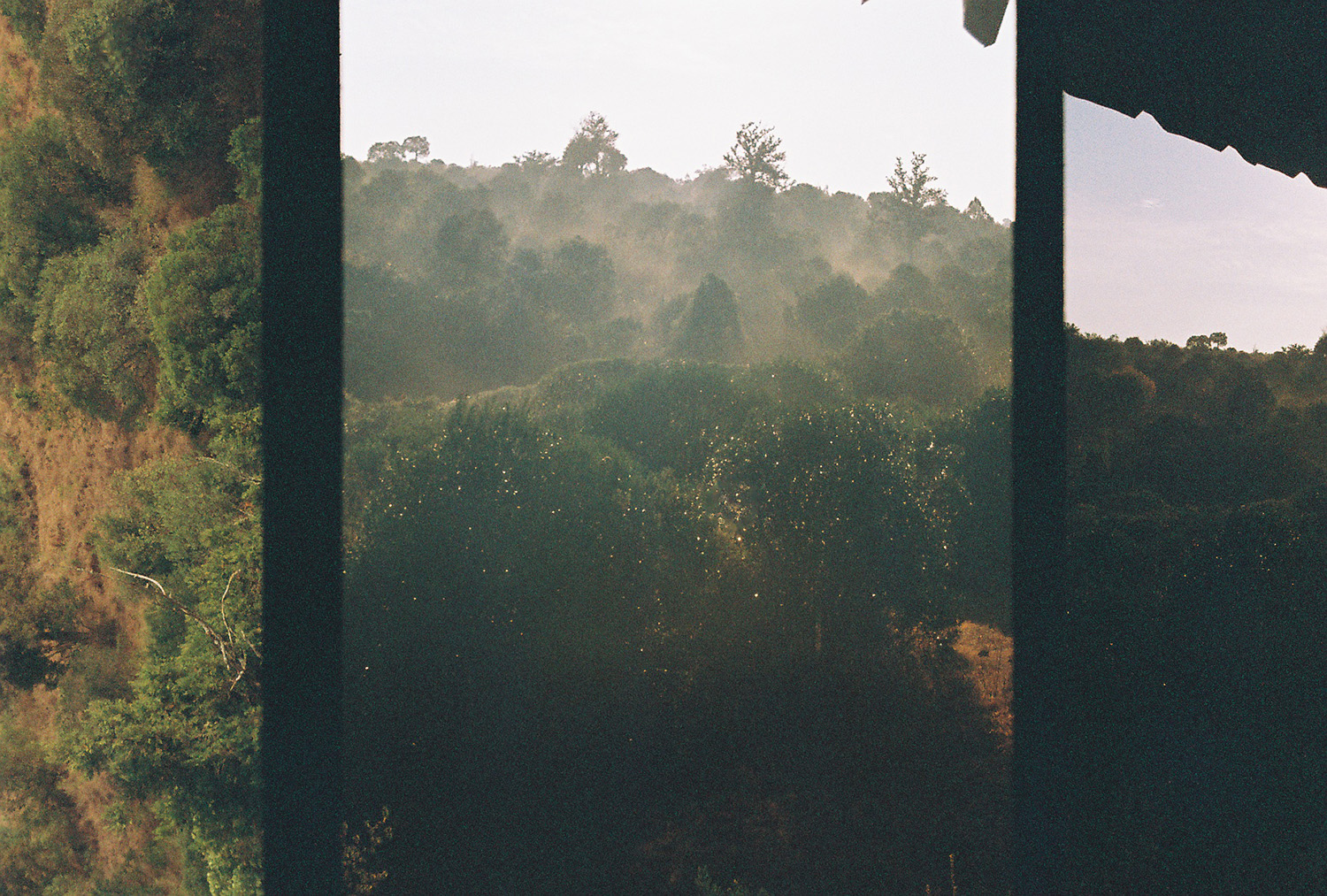
When did you realize that you were building something else? Not only a second residence?
So, you know, I think there’s something about Africa that creates a longing. It must be something around a longing to reconnect with our roots, with our heritage. When you stand out on a hill in Africa and you look across the plains and the long view, or you hear the hyenas “whooping”. It’s such an ancient sound. It’s such a call to our origins, our beginnings. We just kept thinking, how could we be so lucky in life? To live with long views, with the chance to see ancient creatures walk pass? What a privilege.
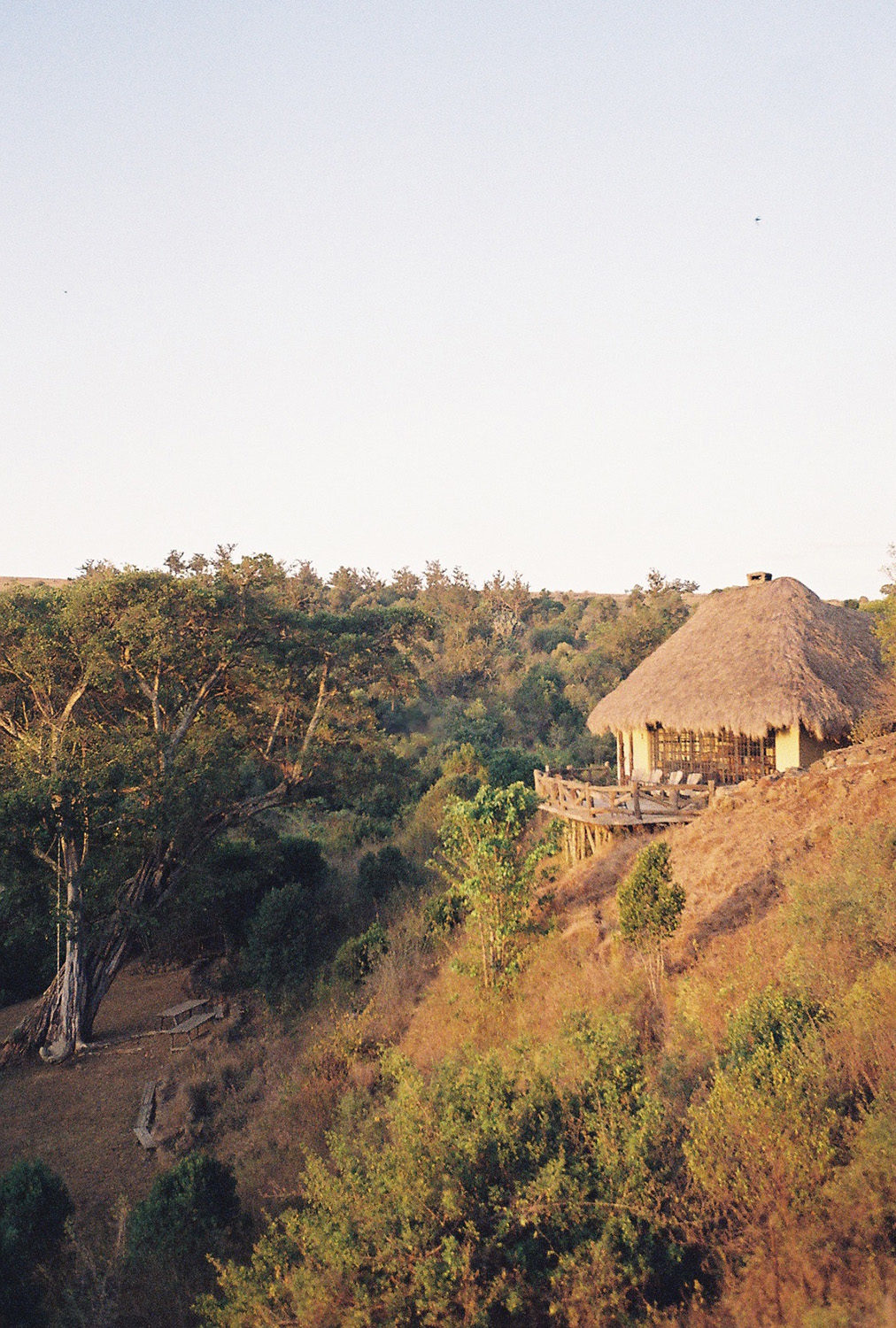
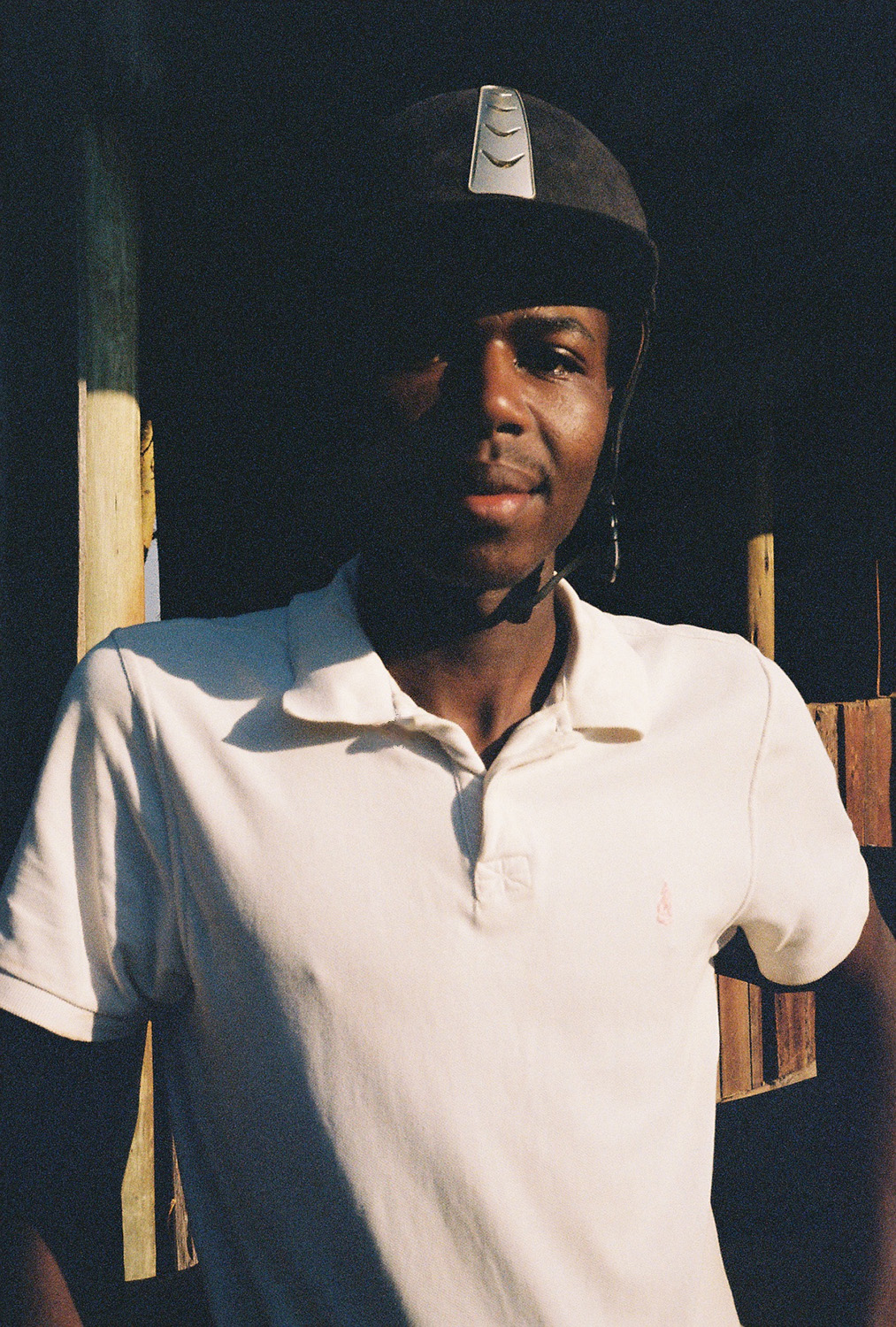
Then interestingly, after a year had passed, when we left Nairobi and we moved to the farm permanently, what we found in ourselves, that our tolerance for concrete, our tolerance for city lights, our tolerance for noise and frenzy, well it just went to zero. Even now we find it very difficult to go to big cities with lots of concrete and lots of noise and lots of traffic. I go to London sometimes and I find myself standing on the street corner and I have to make sure I look left and right very carefully because I’m not used to cars passing by and I don’t trust myself not to step onto the oncoming traffic. So yeah, this whole idea of living on a farm in Africa surrounded constantly by beauty has not only emotionally and spiritually, but also physically changed us as well. Changed me, certainly.
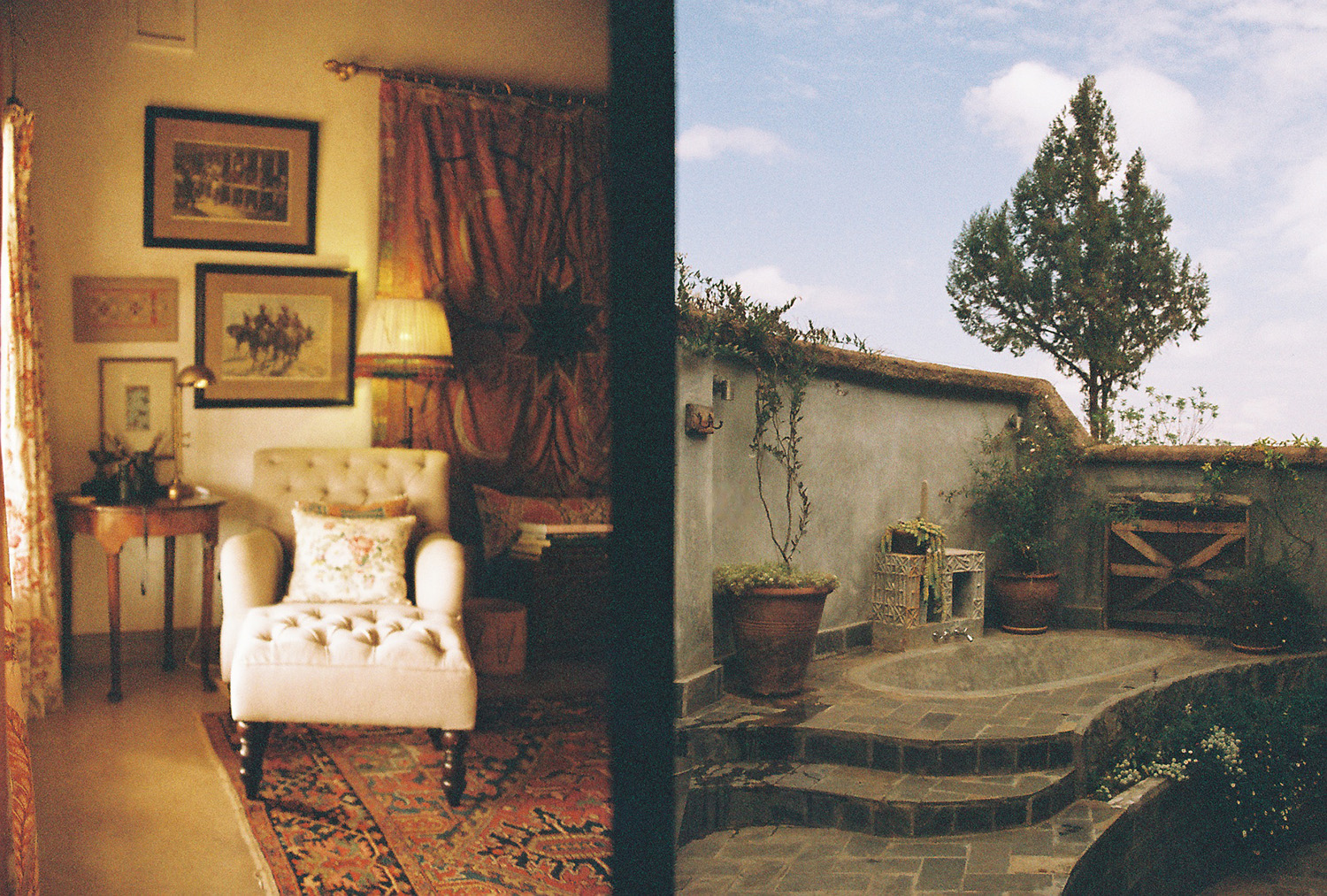
One of our new projects that you might be interested in, is gin. A very clever guy in Kenya has discovered that the Juniperus Procera tree that grows only in the Highlands of Kenya and Southern Ethiopia, is a protected species and makes the best gin in the world. And as it happens, we have many Juniperus Procera trees growing and fruiting on our farm. So an Olepangi-branded gin is dancing in our heads at the moment, and we are quite excited about this idea of becoming gin distillers with one of the few single-estate, botanical African gins in the world. Anyway, that’s one of many projects that we’re working on at the moment.
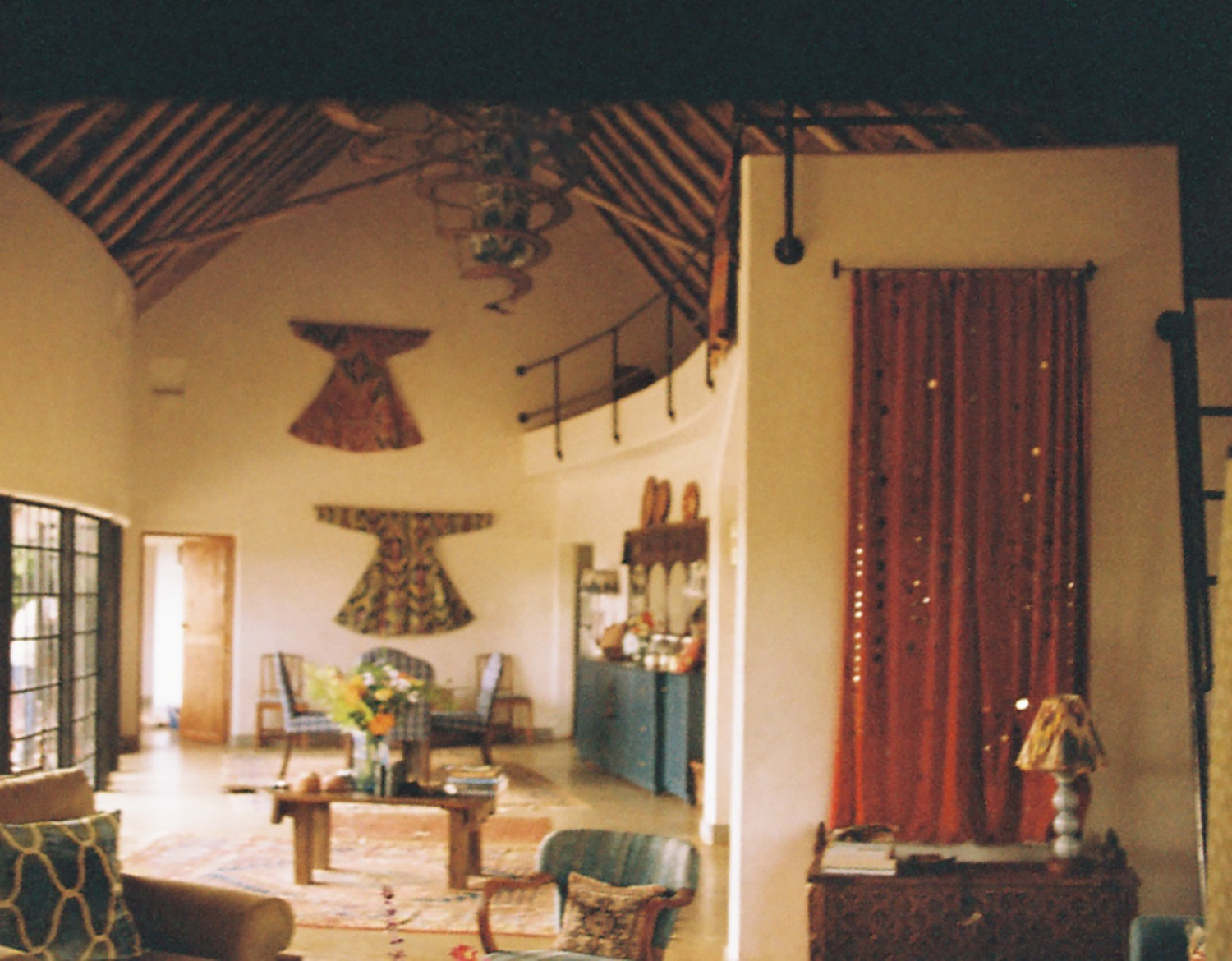
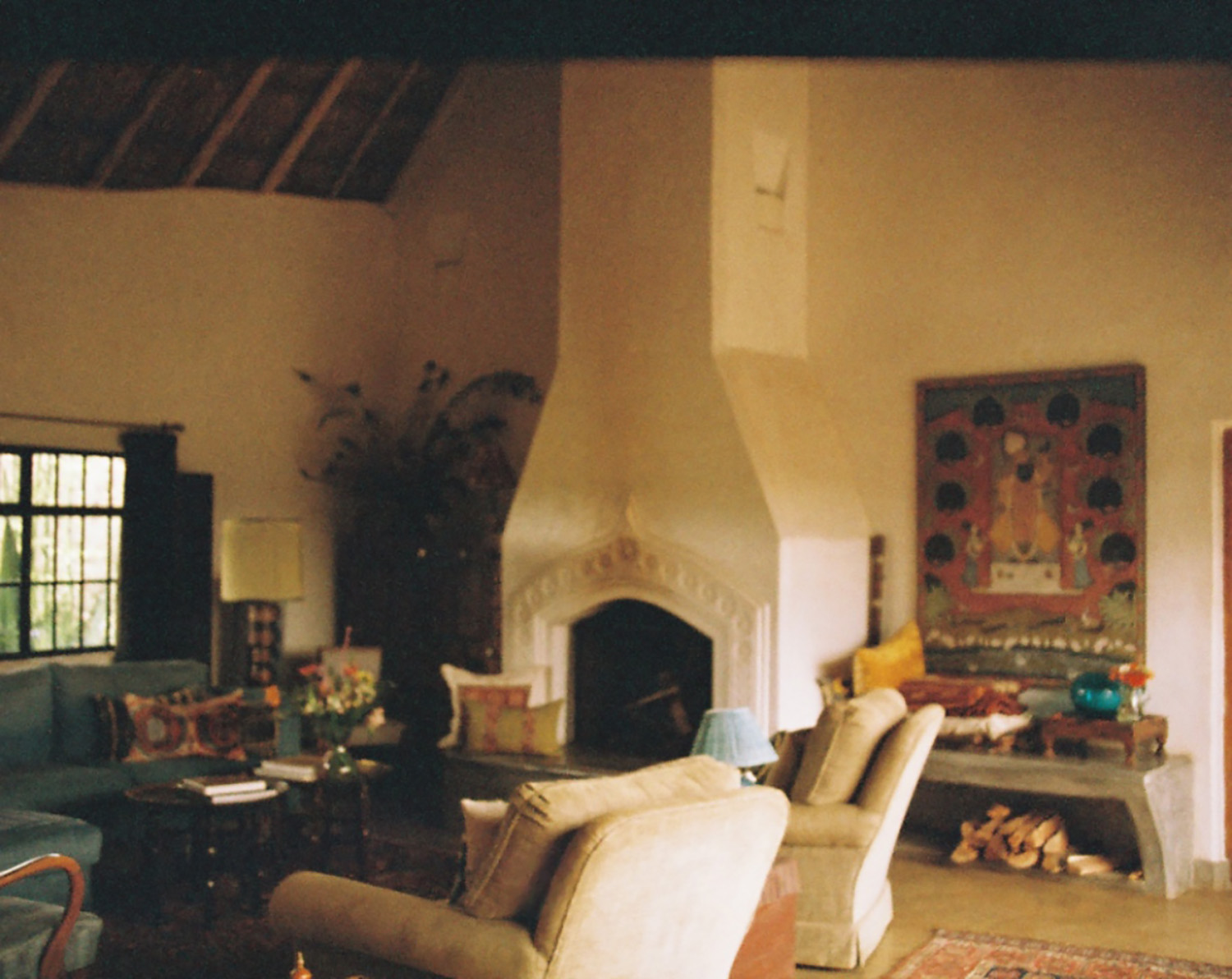
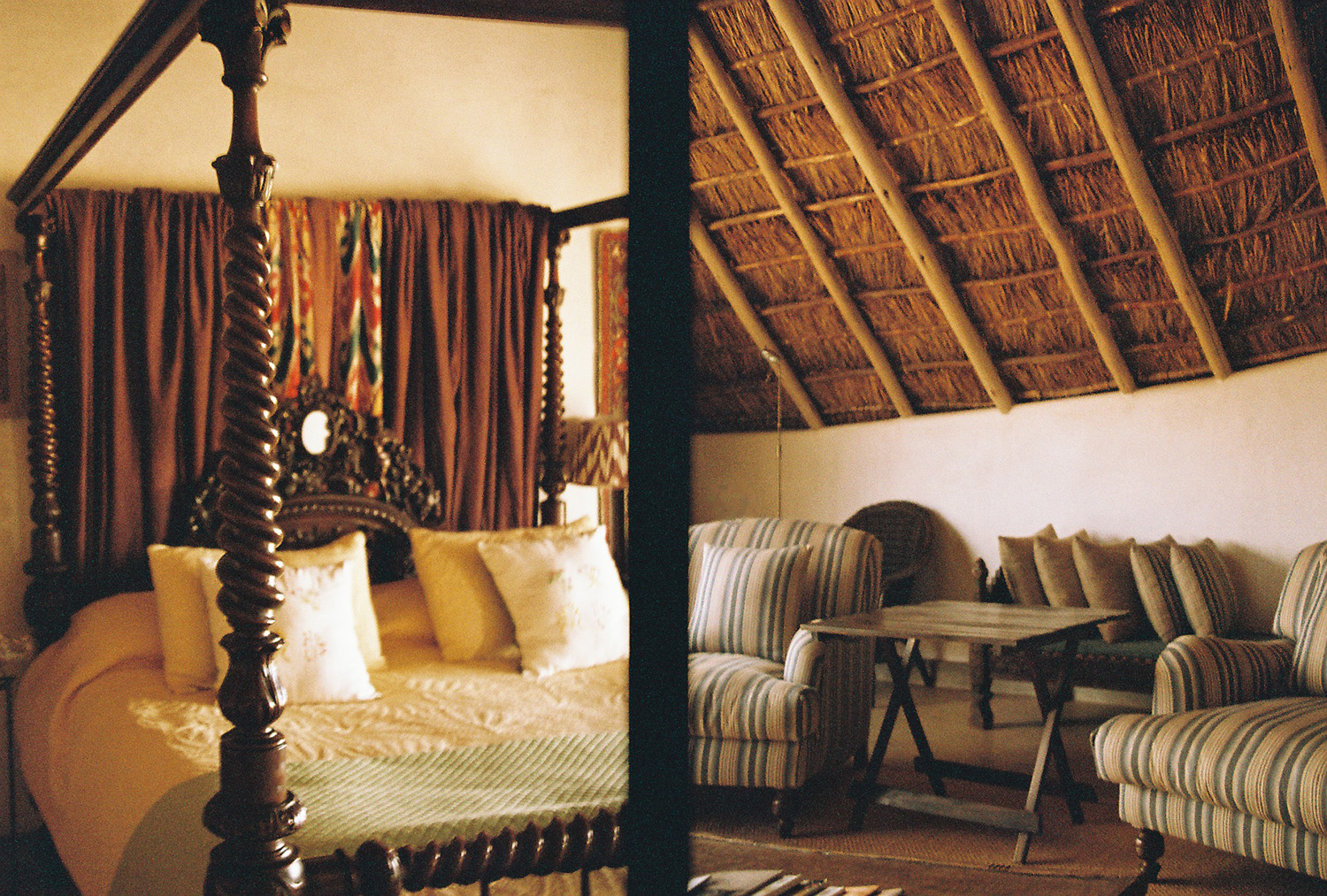
Do you consider yourself as a pioneer spirit?
That makes me laugh. There’s always something going on on the farm. And somebody said to me the other day, Elizabeth, you’re such a perfectionist. And I said, “No, I’m not a perfectionist. I’m a betterist.” So I’m always wanting to make things better. And we’re always thinking about what we can do next.
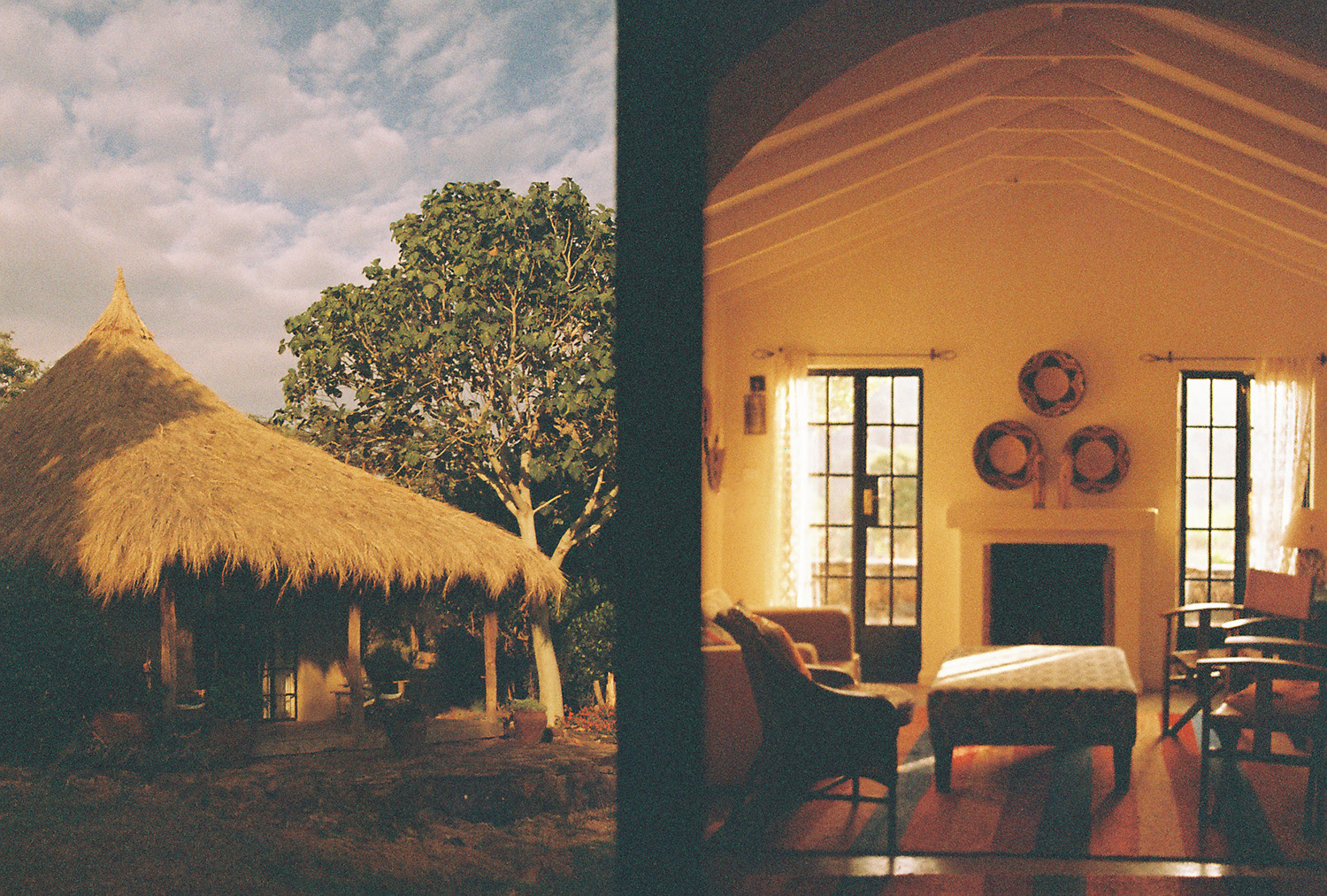
What does Olepangi do to help the community?
I think the biggest help to the community is to provide employment. I believe very deeply that work gives dignity. People who have a job and have a meaningful way of earning a living, it gives them and their families dignity. So the thing I’m most proud of, is that we provide employment for 38 full time employees, plus 5 to 15 casuals and builders a day.
We also have an artist-in-residence program. Each of the artists commits to a community project that aligns their own talents and interests with something the broader community finds fun or beneficial. One of my favorite community project was with a visiting rap singer who led a Saturday-music workshop for about 80 local children. It was a joyous experience.
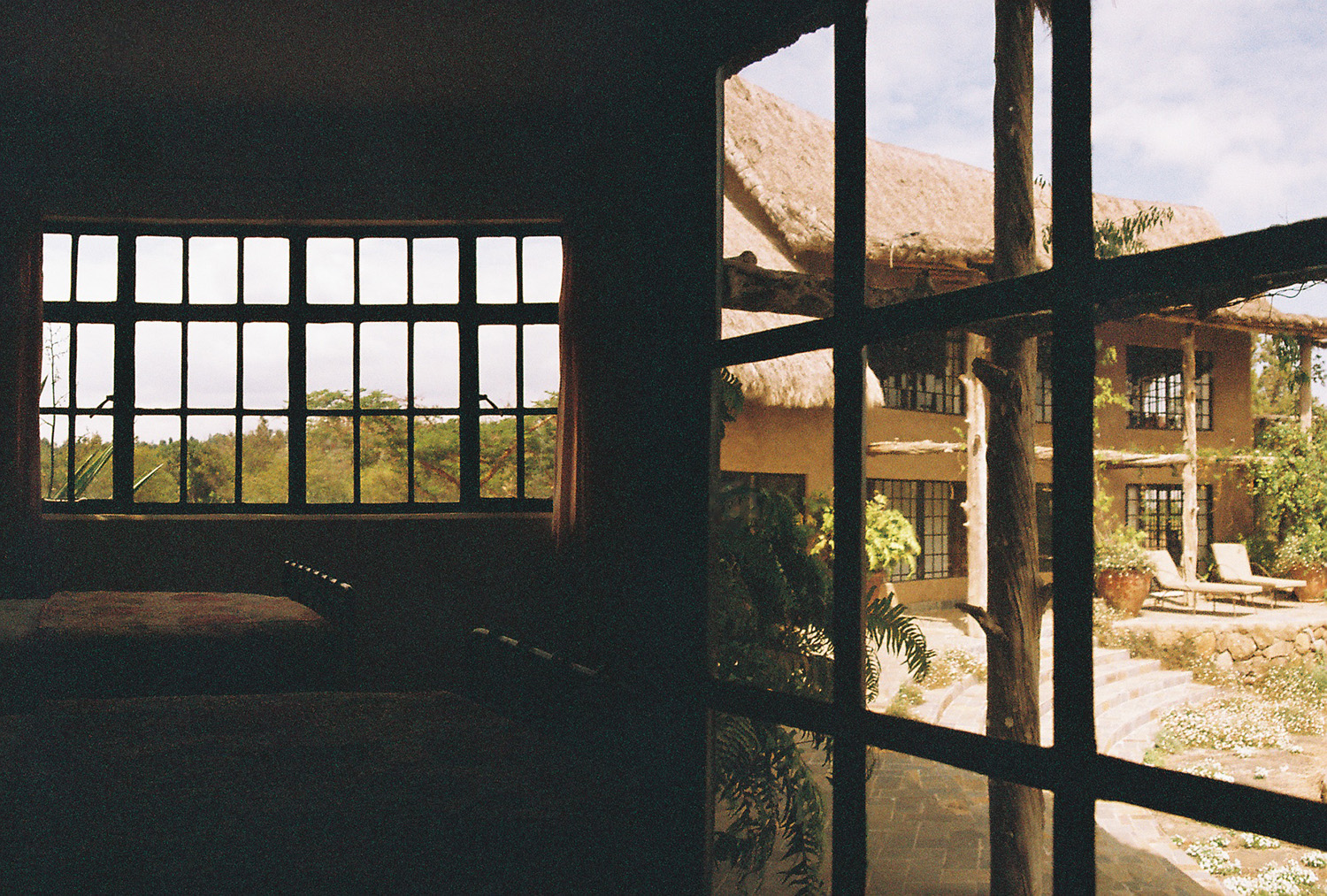
What is the most pronounced word your guests use to describe the experience?
I’ve been reflecting on that and I think the word that I hear most often, to be really honest, is “special.” We had guests that left last night. They were a big party of 13 people, and they said to me: “you know, Elizabeth, this is such a special place.” And that always warms my heart because I think . . . it’s true. The other word I might want to use is, “soulful”, but I think those two words go together, soulful and special. And then I ask, “well, what is special about this place?” What they tell me is that they feel how much energy and how much effort and how much passion has gone into the farm, it’s a real place, for real people. A place for people from all over the world to come and experience and feel for themselves. So, yeah, a soulful, special place is what I would hear most often and it warms my heart.
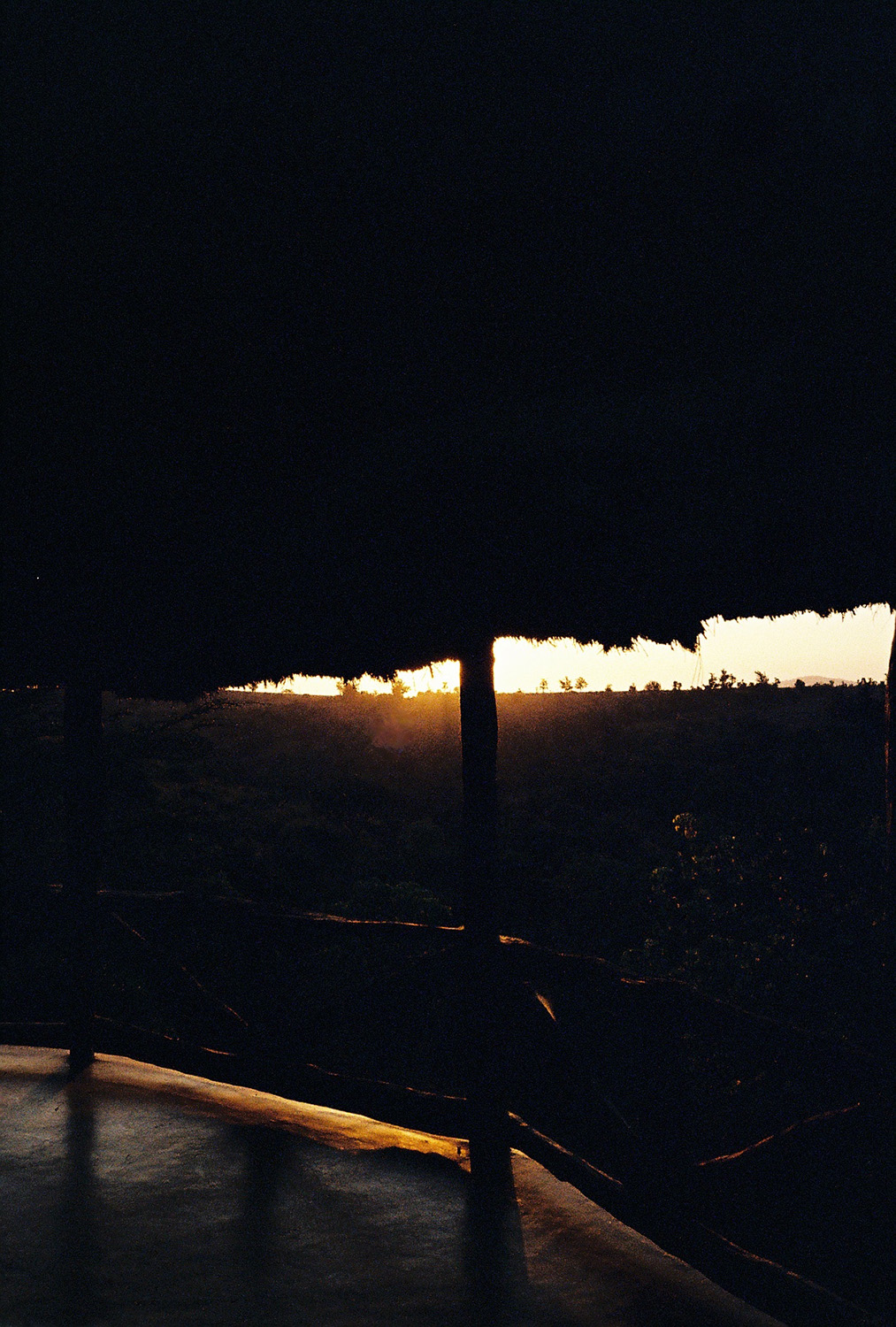
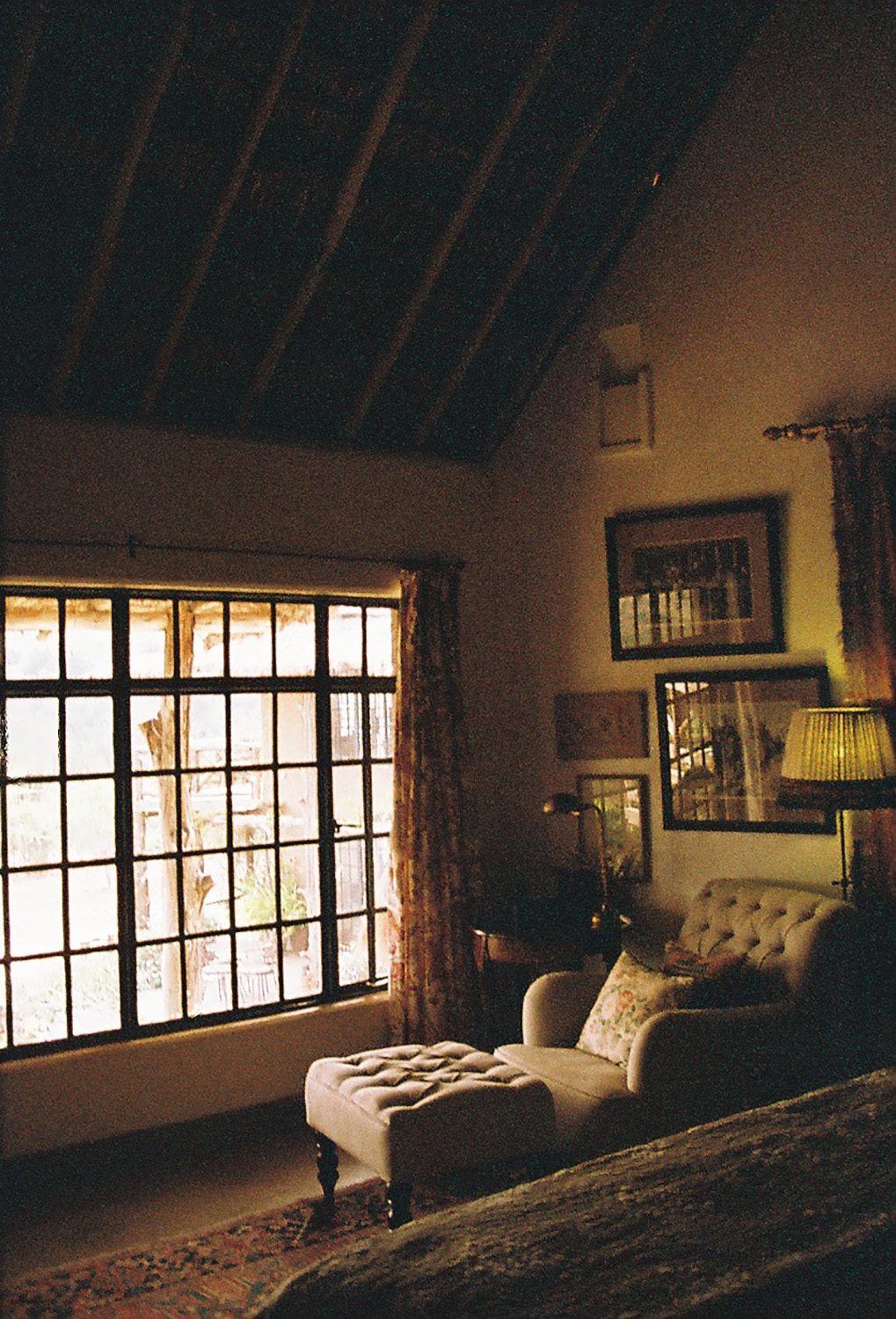
By the way, what is an Olepangi?
In the early days, we wondered what to name this place. And I was looking at a book on the trees of Kenya and I found that the Masai word for the Erythrina Abyssinica trees is “Olepangi.” I liked how that word rolled off the tongue and like the tree which is also called the red hot poker tree because it loses all its leaves in the dry. And then it comes out with these most extraordinary red flowers that look a little bit like sparklers, you know, like at a New Year’s Eve party. One day I asked a Masai guy who was working for us: “Hey, I just want to confirm that the word “Olepangi” is the Masai word for that tree? I pointed to the tree that we had planted and he said, “Oh, no, madam, that’s not the right word.” He came back the next day: “I’ve consulted the elders and indeed, Olepangi is the second name in Masai for that tree.” I was, indeed, quite relieved that my story of the farm was not completely wrong. We often laugh about this.
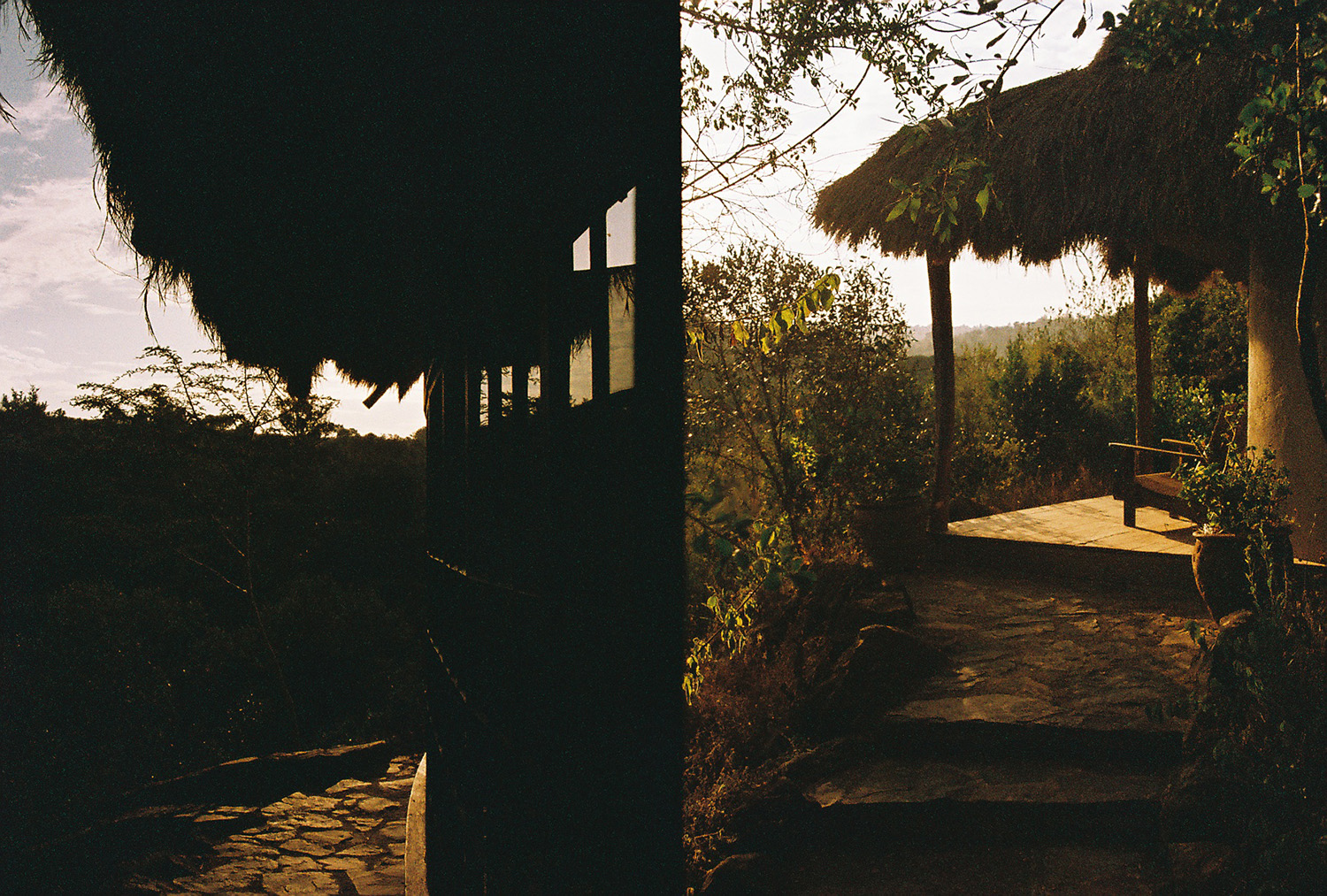
Post Scrip by Elizabeth: Clinton died suddenly in October 2019 of complications due to a bacterial-blood infection . . . just before the start of the Covid pandemic. Words are not enough to describe how much he is missed by us all. His legacy lives on and he is remembered each day.
At Olepangi Farm, we are not moving on, we are moving forward . . . with beautiful memories of happiness and joy that act as an invisible cloak of love to mind our lives.




